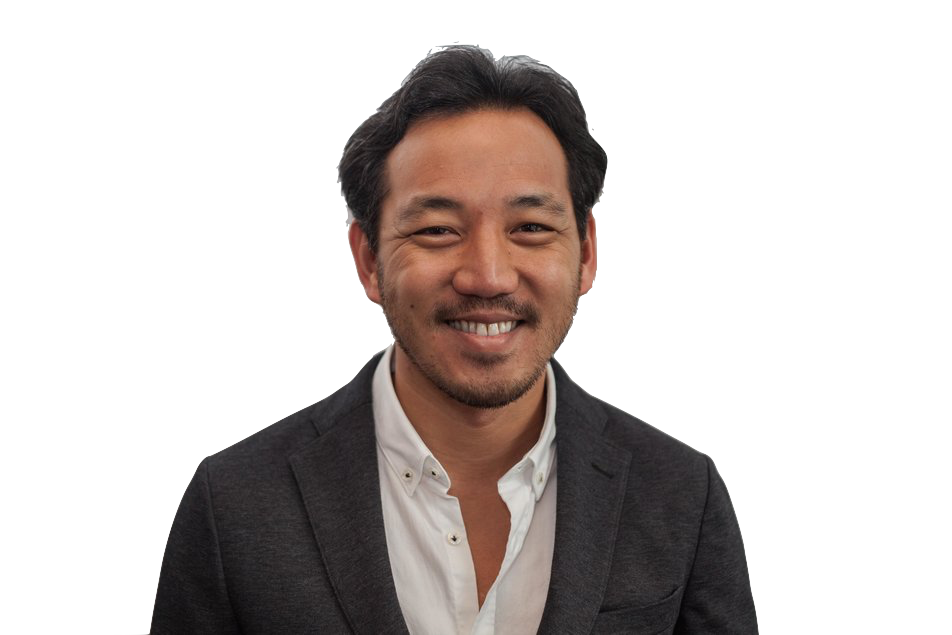Samuel Cheung
Senior Protection Officer
Duty Station: Beirut, Lebanon
I’m addressing the challenge of how we can help refugees find the most affordable, yet adequate, low-cost housing.
More than 1.2 million refugees have fled the conflict in Syria and come to Lebanon. The influx of such a large population of refugees has created new housing markets – mostly low-cost and in non-traditional settings – such as erecting tents on vacant lands, garages, worksites, unfinished buildings, building annexes, etc. In this new and untested housing market, pricing and competition have not yet stabilized. One recent assessment found that for 41% of Syrians in Lebanon, affordable shelter is not adequate, and adequate shelter is simply not affordable. One of the underlying reasons for this is that expectations are unclear on, for example, what is fair rent to pay for a tent, which has access to potable water and electricity, versus one that does not. Refugees (and low-income Lebanese citizens alike) need information on available housing choices (e.g. facilities available, neighborhood safety, shelter conditions) in order to make the most informed rental choice possible and to provide landlords with market incentives to provide the most adequate, affordable shelter.
I want to find a solution to this challenge because one of the most immediate needs for refugees is housing or shelter.
Given the scale of the refugee influx in Lebanon and how quickly the existing housing supply has saturated, it is market forces, such as supply and demand, that have become the rule, far more than classic humanitarian assistance. Innovation demands that we develop a market-based solution.
My Innovation Fellowship at UNHCR became a golden opportunity to explore whether public-private partnerships might be able to help meet the shelter needs of refugees in the Syria crisis. Learn more about my recent trip to San Francisco to explore private sector partnerships and my journey through prototyping here.

